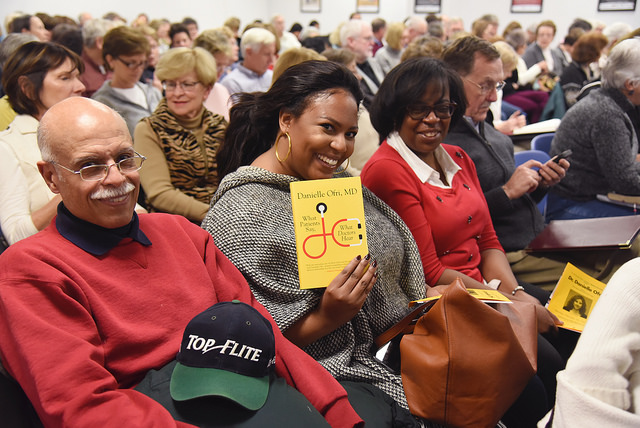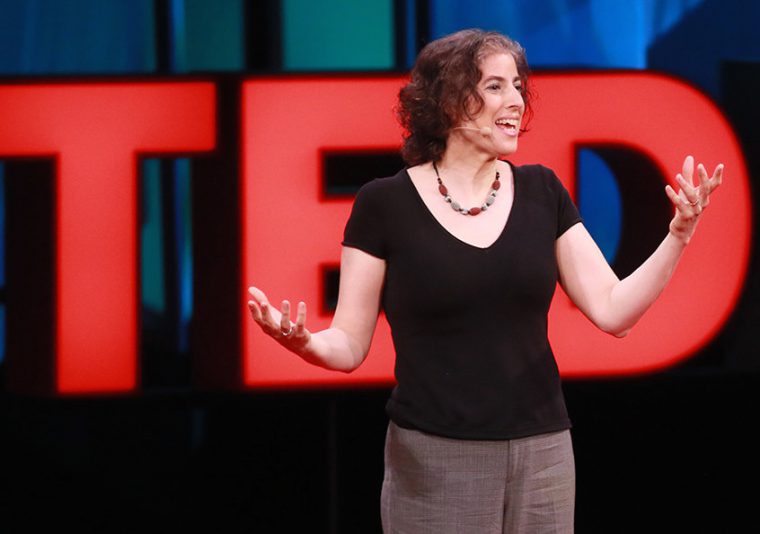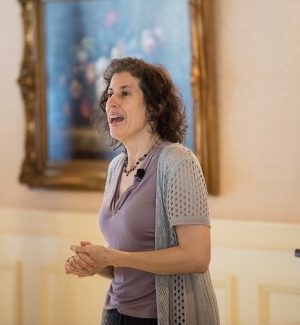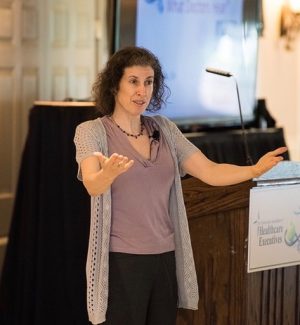Events
Danielle Ofri gives highly engaging lectures to both medical and non-medical audiences on a wide range of topics. There are no slides, no handouts, no Powerpoint–just lively discourse and compelling human stories.
Upcoming Appearances
Medical Student Ethics Conference
Albany Medial College
April 11
Davies Memorial Lecture
American College of Physicians
Boston, MA
April 19
The Book Doctors Are In!
Acclaimed doctor-writers and their new books
Upper West Side, NYC
May 6 at 6 pm ET (in-person)
Winning Words: BLR Spring Reading
Meet the winners of the BLR Literary Prizes
May 23 at 7 pm ET (online)
.
PAST EVENTS
Danielle Ofri interviews playwright Sarah Ruhl
Conversation with Oliver Sacks
The Art of Taking Care: An Evening with Writers and Caregivers
BLR 20th Anniversary (with Abraham Verghese, Leslie Jamison,
Jill Lepore, Michele Harper, Edward Hirsch, Lisa Sanders)
Oliver Sacks Documentary (with Kate Edgar and Bill Hayes)




